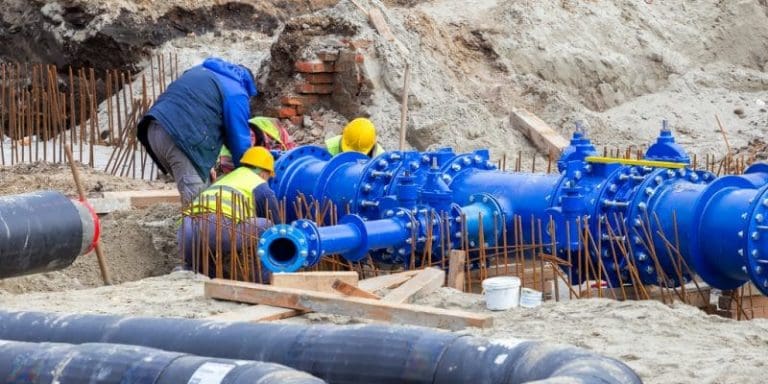APA-Addis Ababa (Ethiopia) Eastern and Southern Africa face a huge water and sanitation crisis with 95 percent of the 247 million Africans without access to clean water and sanitation, a world bank official has disclosed.
Speaking at the Water Sanitation and Hygiene (WASH) leadership Summit- Eastern and Southern Africa being underway in Addis Ababa, Ethiopian capital, Vice president of the World Bank Eastern and Southern Africa, Victoria Kwakwa said Wednesday there are 37 million more people without basic water supply and 247 million more without basic sanitation in Sub-Saharan Africa compared to the year 2000.
“If we do not act now by 2030, 345 million people will be without access to basic water services in eastern and Southern Africa, and more than a half billion people will not have access to basic sanitation ” Kwakwa warned.
According to the World Bank official, in Sub-Saharan Africa, over the last 20 years, access to basic water supply and sanitation also known as WASH has not kept pace with population growth.
She said without progress in water and sanitation access, Eastern and Southern Africa will be hard pressed to deliver on the promises of poverty reduction and shared prosperity, more and better jobs, and enhance.
The two-day summit which brought together African finance and water means highlighted that the financial needs to meet the growing demand for basic water supply and sanitation are also increasing amid contraction of domestic funding.
“The average government budget allocated to WASH in the countries in the region is less than 1 percent This falls far below the recommended threshold of 4 percent,” Kwakwa told APA in an interview.
She said the existing investment is impaired by inefficiency, with a significant portion of public funds being channeled towards subsidizing the operational and maintenance costs of large utilities. Regrettably, this subsidy disproportionately benefits the wealthiest.
“There are operational inefficiencies and on average, water utilities lose 45 percent of water produced in leakages in rural settings, about 40 percent of new water points fail within two years of their construction in some countries. As a result, the sector is confronted with ‘build-neglect-rebuild’ syndrome, thus depleting the scarce public resources,” the vice president told APA.
The two- day summit aims at making tangible progress on accelerating access to water and sanitation in the sub region through paving the way for bringing paradigm shift, de-risking the sector so that the private sector will be involved in large numbers, enhancing sector governance, and embracing a road-map to improve service provision efficiency.
MG/abj/APA


